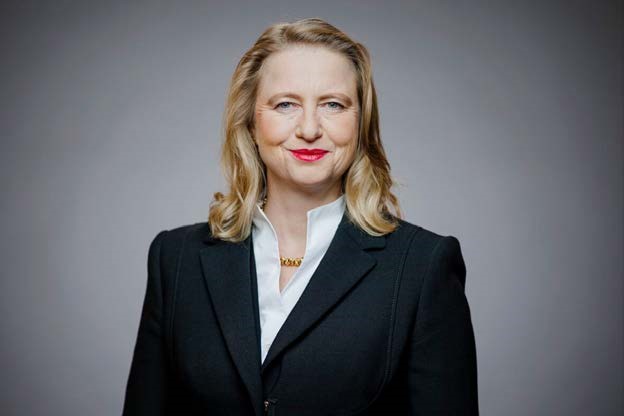Members of the German IT Planning Council
Federal, state and local governments in a single committee
The German IT Planning Council is a 17-member committee consisting of representatives of Germany’s federal government and the state governments. Additional individuals, such as representatives of the municipalities, can attend the meetings and be consulted in an advisory role.
Members:
- Representing the federal government: Federal Commissioner for IT Technology (IT Commissioner)
- Representing the states: one representative responsible for IT technology from each state (typically undersecretaries
Members in an advisory role:
- Three representatives from the municipalities and municipal associations who are posted by the leading municipal associations at the federal level
- Federal Commissioner for Data Protection and Freedom of Information
- One representative of the state commissioners for data protection
- President of FITKO (Federal IT Cooperation)
Individuals who may be consulted:
- Additional persons, particularly contacts from the conferences of specialised ministers, to the extent that the decisions of the IT Planning Council relate to their area of expertise
Frequency of meetings
The IT Planning Council typically meets three times each year in accordance with its rules of procedure. Additional meetings are held at the request of the federal government or that of three states. The council has established the practice of holding three meetings each year (spring, summer, autumn).
Chair of the IT Planning Council

© Bundesministerium der Finanzen
Prof. Dr. Luise Hölscher, State Secretary at the Federal Ministry of Digital and Public Service, has taken over as chair of the IT Planning Council for 2026.
In 2026, the Federal Government assumes the chairmanship of the IT Planning Council at a decisive moment for federal digital and administrative modernization. With the establishment of the Federal Ministry for Digital and Administrative Modernisation (BMDS), digitalization and state modernization are brought together under one responsibility for the first time. The objective of the chairmanship year is to strategically align both dimensions and strengthen the state’s capacity to act.
Building on the federal digital strategy, the Germany architecture, strategic portfolio management and a strengthened Federal IT Cooperation (FITKO), the Federal Government pursues an integrated approach to digital and administrative modernization.
Key priorities include the further development of the Germany Stack as the technological backbone of public administration and the modernization of registers across all federal levels. The aim is to enable user-friendly digital services, ensure data is provided only once, and allow it to be used securely and efficiently, with equal consideration given to technology, organization and people.